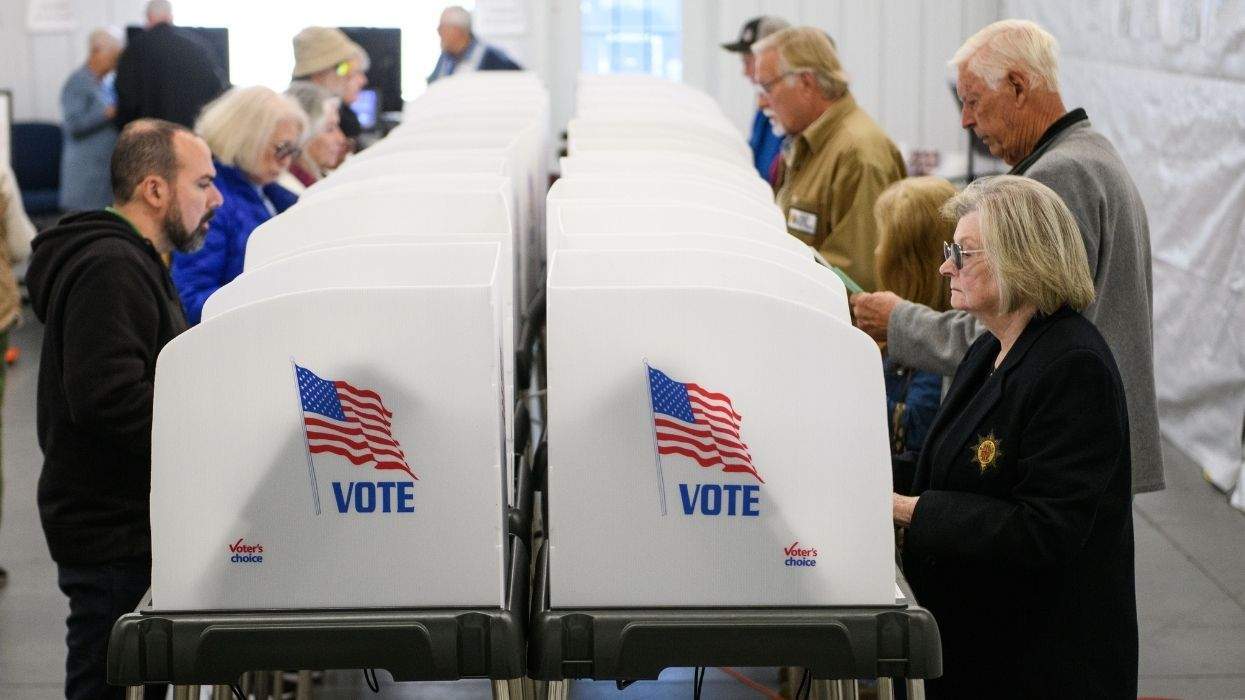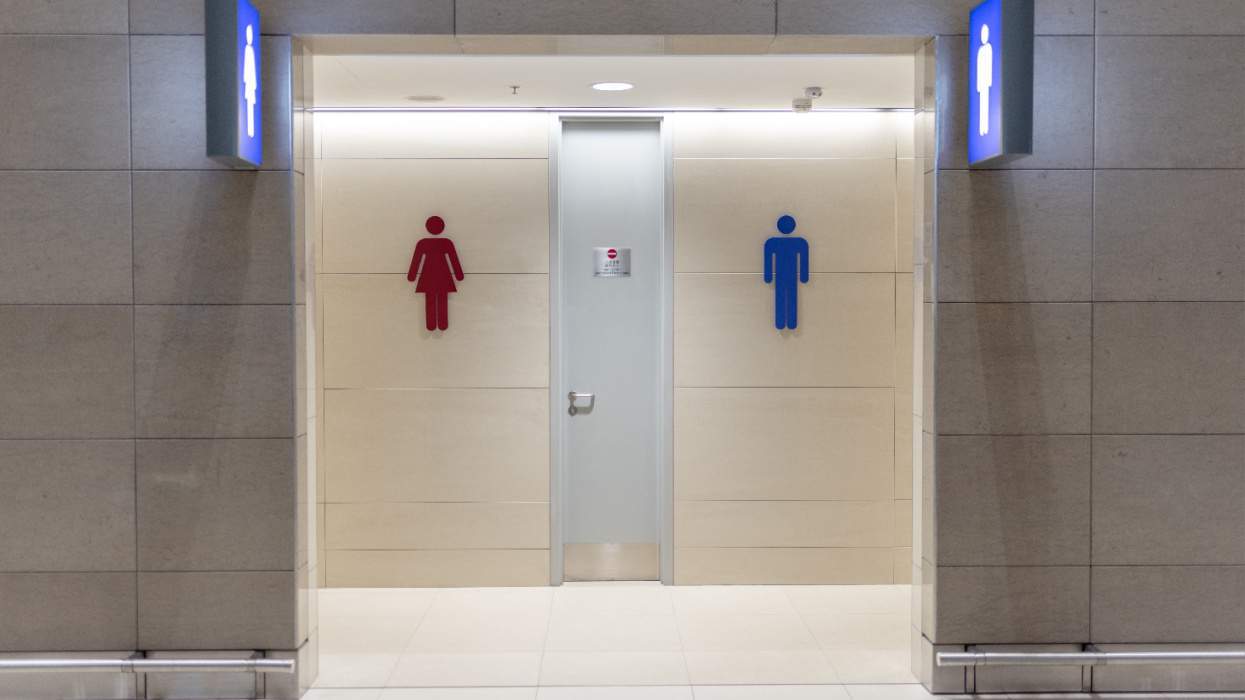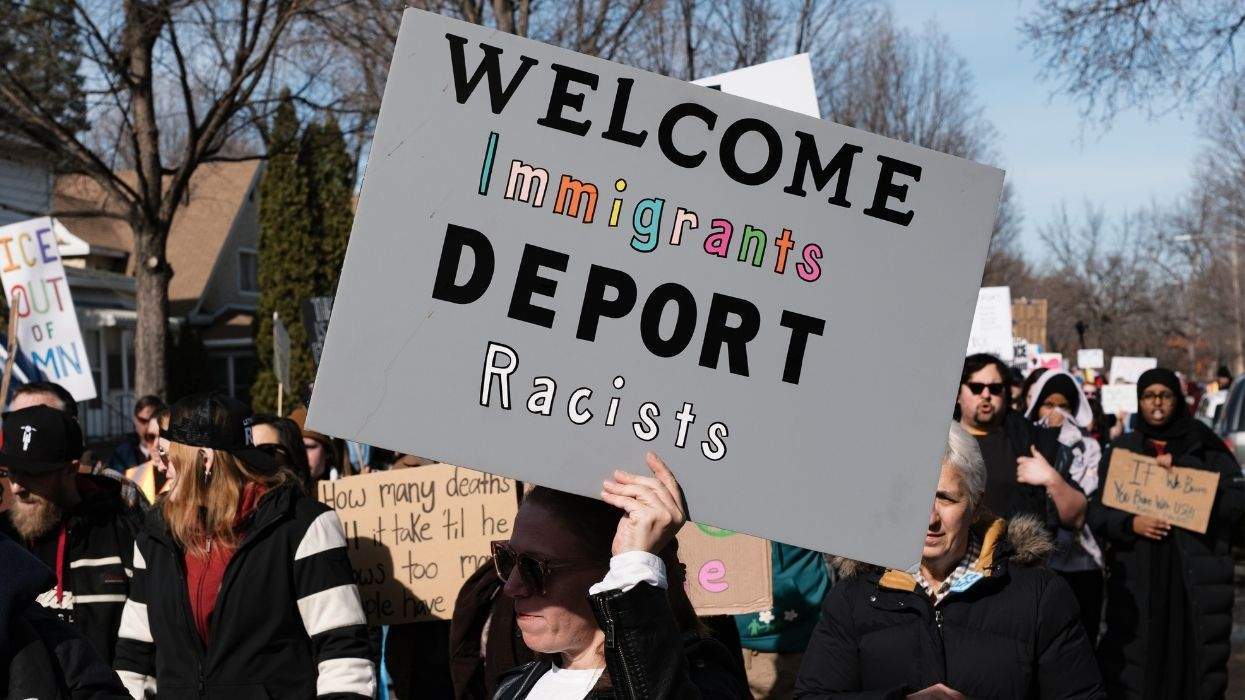The rate of newly reported HIV cases among gay men climbed about 8% between 2003 and 2004, according to a new government report released Thursday. HIV diagnoses among men who have sex with men remained roughly stable from 2001 to 2003, but climbed between 2003 and 2004, according to the study by the Centers for Disease Control and Prevention that was based on 2001-2004 data from 33 states that have names-based reporting systems for HIV. New HIV diagnoses climbed among gay men of all races, according to the study.
Health officials do not know which diagnoses represent new infections and which ones were infections people had for years but had just discovered.
The rate of newly reported HIV cases among African-Americans has been dropping by about 5% a year since 2001, according to the report. But blacks are still eight times more likely than whites to be diagnosed with HIV.
"The racial disparities remain severe," said Lisa Lee, an epidemiologist at the Centers for Disease Control and Prevention.
The falling rate among African-Americans seems to be tied to overlapping drops in diagnoses among intravenous-drug users and gays, CDC researchers said.
The CDC found that overall diagnoses in the 33 states decreased slightly, from 41,207 cases in 2001 to 38,685 in 2004. The rate fell from 22.8 cases per 100,000 people in 2001 to 20.7 per 100,000 in 2004. The decline was more pronounced among African-Americans--the rate dropped from 88.7 per 100,000 in 2001 to 76.3 in 2004. Among whites, the rate rose slightly from 8.7 to 9.0.
At least part of the decline among African-Americans appears to be tied to a 9% annual decline in diagnoses among intravenous-drug users, who can get the virus from contaminated needles. More than half of the drug users were African-American, Lee said.
The decline is also linked to a 4% decline in diagnoses among heterosexuals. About 69% of the heterosexuals diagnosed with HIV were African-American.
The government does not know exactly how many people are HIV-positive. Roughly 25% of people living with HIV do not know they are infected, health officials said.
The study for the first time includes data from New York State, which accounted for more than 20% of the diagnoses seen in the 33 states. "The inclusion of New York data gives us more representative picture what going on," Lee said.
California and Illinois are among the states still missing from the database. (AP, with additional reporting by Advocate.com)















